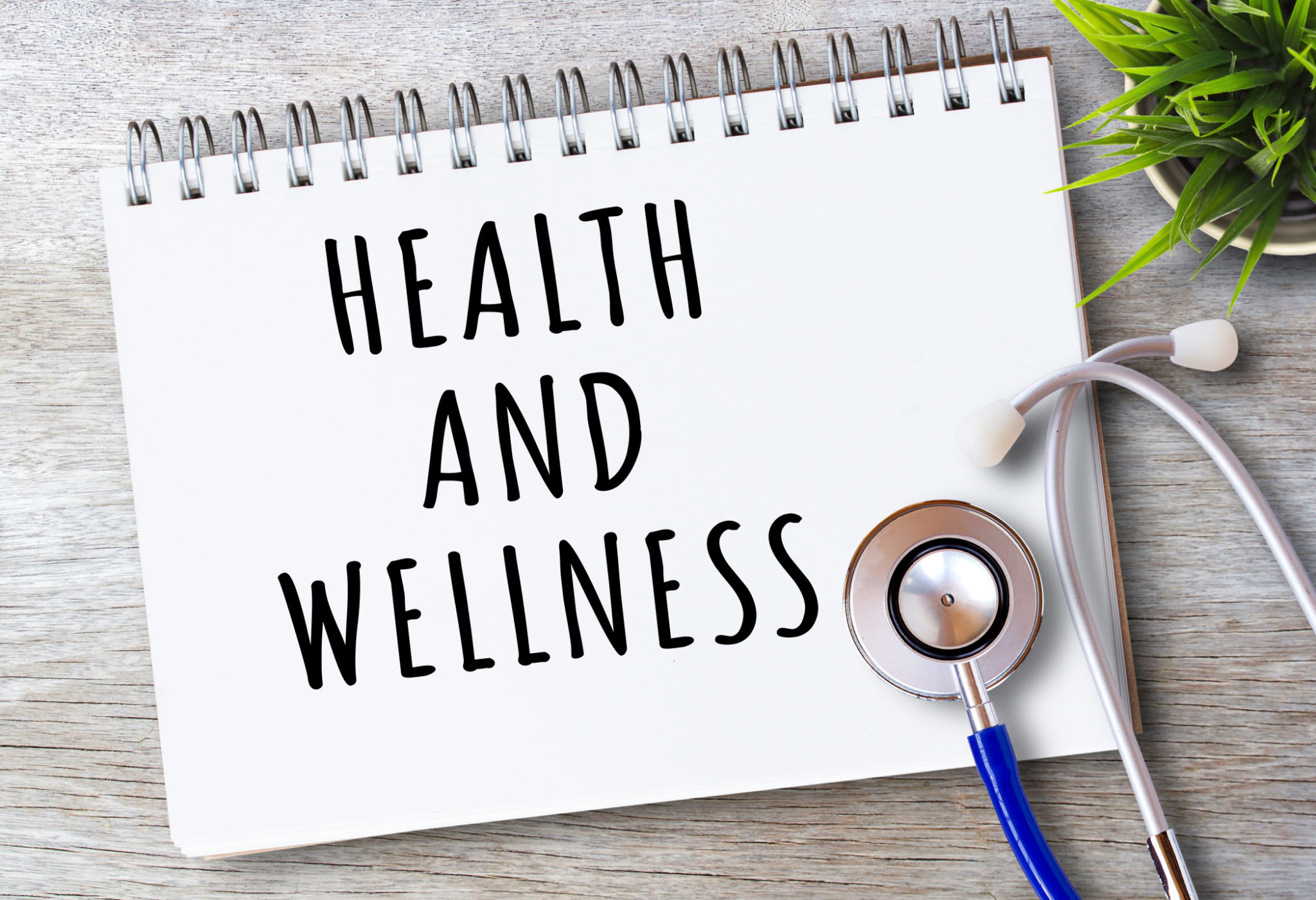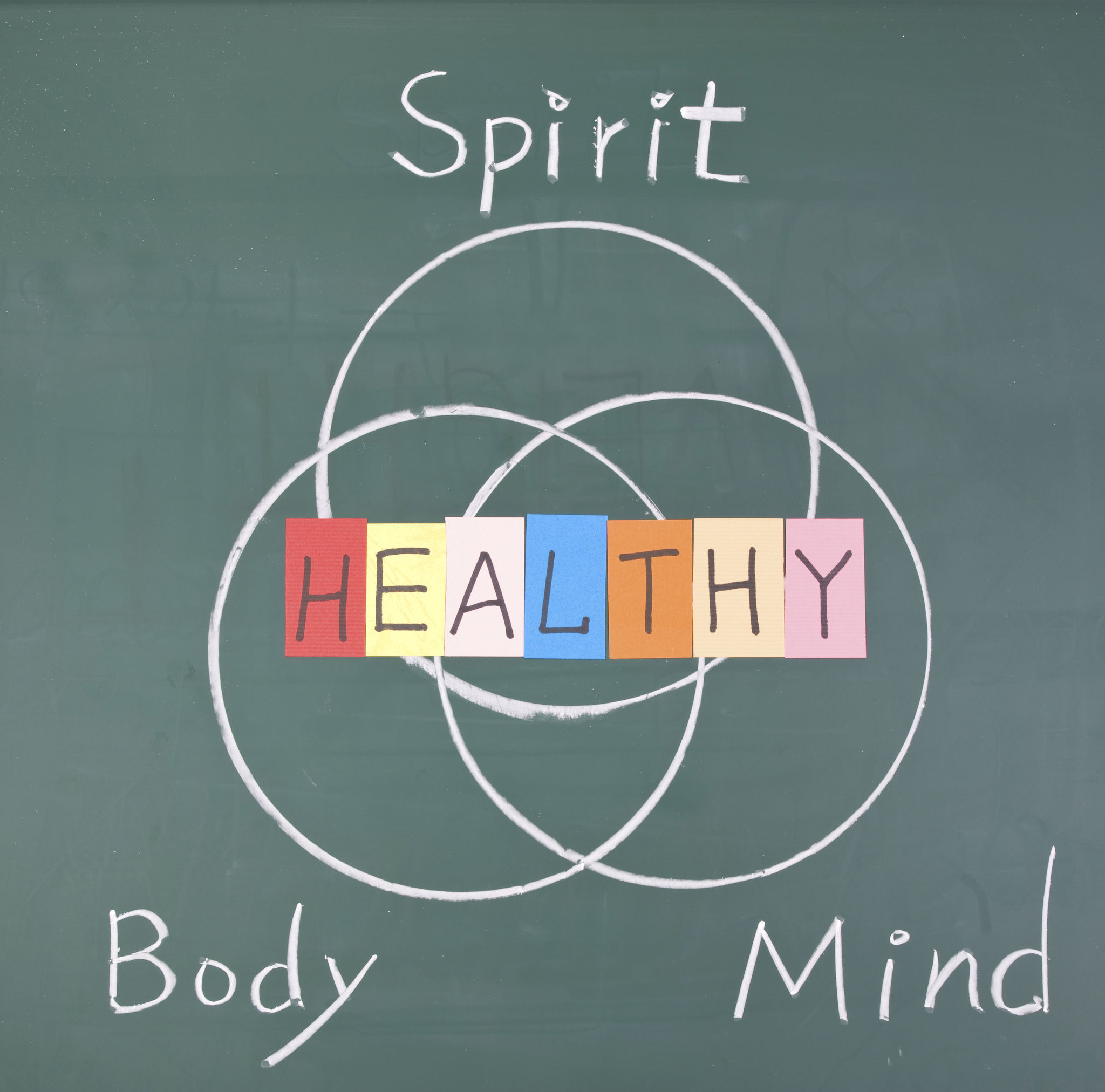How to Integrate Holistic Medicine into Your Wellness Routine
Understanding Holistic Medicine
Holistic medicine is an approach to health that considers the whole person—body, mind, spirit, and emotions—in the quest for optimal health and wellness. It emphasizes the connection between these components and the importance of balance and harmony in achieving overall well-being. Incorporating holistic practices into your wellness routine can provide a more comprehensive approach to health.
Practitioners of holistic medicine often use a variety of treatment techniques to help their patients take responsibility for their own well-being and achieve optimal health. This may include conventional medicine, but typically supplements it with alternative therapies such as acupuncture, yoga, or herbal remedies.

Exploring Different Holistic Practices
To effectively integrate holistic medicine into your wellness routine, it's important to explore different practices and find what resonates with you. Here are some popular holistic practices:
- Yoga: A practice that combines physical postures, breathing exercises, and meditation to promote flexibility, strength, and relaxation.
- Meditation: A technique for calming the mind and reducing stress through focused breathing and mindfulness.
- Acupuncture: An ancient Chinese practice that involves inserting thin needles into specific points on the body to balance energy flow.
Each of these practices offers unique benefits and can be tailored to fit individual needs and preferences. Experimenting with different methods can help you discover which ones enhance your personal well-being most effectively.

Creating a Balanced Wellness Routine
A key aspect of integrating holistic medicine into your wellness routine is creating balance. This means not only incorporating alternative practices but also ensuring they complement your existing health goals and lifestyle. Consider the following steps:
- Assess Your Needs: Identify areas of your life where you seek improvement, such as stress reduction or increased energy.
- Set Clear Goals: Establish specific, achievable goals to guide your holistic journey.
- Develop a Plan: Create a schedule that incorporates both traditional medical practices and holistic therapies.
This balanced approach ensures that you benefit from the strengths of both conventional and alternative medicine, fostering a more comprehensive path to health.

The Role of Nutrition in Holistic Health
Nutrition plays a pivotal role in holistic medicine, as what you eat can significantly impact your overall wellness. A holistic approach to nutrition focuses on whole, unprocessed foods that nourish the body and support mental and emotional health. This includes:
- Fruits and Vegetables: Rich in vitamins, minerals, and antioxidants.
- Whole Grains: A good source of fiber and essential nutrients.
- Lean Proteins: Important for muscle repair and immune function.
Incorporating these dietary principles into your routine can enhance your physical health while supporting other holistic practices like meditation or yoga.
The Importance of Mind-Body Connection
Acknowledging the mind-body connection is essential in holistic medicine. Practices like mindfulness meditation and tai chi emphasize this link by teaching individuals to become more aware of their thoughts, emotions, and physical sensations. This awareness can lead to improved mental clarity, reduced stress levels, and a deeper sense of peace.
Understanding that emotional health directly impacts physical health can motivate you to take proactive steps toward maintaining balance in all aspects of life. Regular practice of mind-body techniques can offer profound benefits for your overall well-being.

Seeking Professional Guidance
If you're new to holistic medicine or looking to deepen your practice, seeking guidance from a qualified holistic practitioner can be beneficial. These professionals can provide personalized recommendations based on your unique health needs and goals. They can also help you navigate the vast array of available therapies, ensuring you choose the most effective options for your situation.
Remember, integrating holistic medicine into your wellness routine is a personal journey. Take your time exploring different practices and be open to adjusting your approach as you discover what works best for you. This flexibility will help you achieve a more balanced and fulfilling state of well-being.